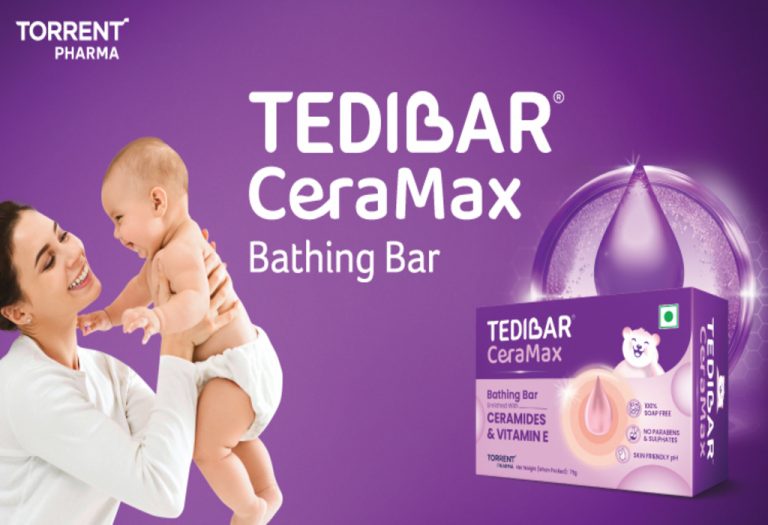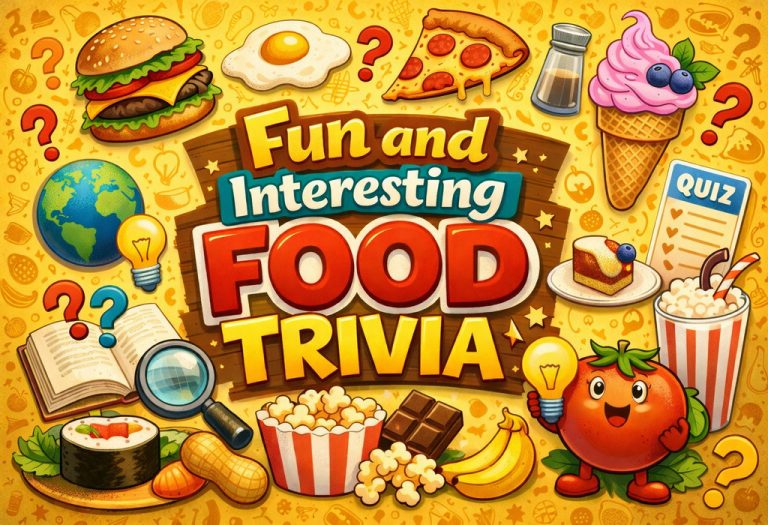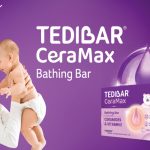Top 11 High Calorie Foods for Babies

While most babies gain weight without issue, if your little one is not gaining weight as per his age, your baby’s paediatrician may suggest that you include healthy and nutritious foods and even high-calorie foods in his diet. But that is not to say you include any food which is high in calories. An infant needs a well-balanced diet for proper physical and mental development. That means when you go about adding high-calorie foods to your child’s diet, you need to ensure they are good calories. Now if you’re thinking about what foods you should feed your baby to help him gain healthy weight, read this article. We’ve got you covered.
Video: 10 Calorie-Rich Foods to Help Your Baby Gain Weight
What Are the Benefits of a High-Calorie Diet for a Baby?
A high-calorie diet is highly beneficial for babies for the following reasons:
- A high-calorie diet helps babies hit their developmental milestones properly on time.
- It provides all the essential nutrients required by a baby for their growth and development.
- A good-calorie diet also ensures strong immunity.
- It helps maintain a good appetite in babies which leads to an ideal body weight.
- The essential nutrients in a high-calorie diet facilitate proper brain development.
11 High-Calorie Foods for Weight Gain in Babies
As a new parent, you will want to ensure that your baby gets sufficient nutrients and calories to keep his energy levels high and fulfil the daily requirement of minerals in the body. As babies are continuously growing, it is vital to ensure that there is no shortage of good food and that the same is fed to them on a timely basis. The ideal calorie intake for infants is between 430 and 844 calories per day, depending on the age, size, and gender of the baby.
In the initial six months of the baby’s birth, breast milk and formula milk are the only sources of nutrition for a baby. Solid foods can be introduced there after in the form of purees and mashed mixtures.
Following are the high-calorie foods for infants, which are healthy and bundled with necessary nutrients as well.
1. Milk Yoghurt
A healthy add-on to a mother’s milk, yoghurt can be given to the baby after six months of age. Typically, 100 grams of yoghurt mixed with fruit and multigrain cereal contains about 100 calories. Do not go for fat-free yoghurt as it has fewer calories.
2. Protein-rich Lentils
Boiled lentils are high in protein and calories. They can be mixed with mashed rice and ghee and fed to the baby. Easy to digest, lentils are nutritious and filling.
3. Egg Yolk
Egg, which is another calorie-rich baby food, is packed with protein and can be cooked and added to vegetable puree or rice. Egg yolk not only nourishes the baby with essential minerals, but it also helps the baby to gain weight. However, feeding egg yolk to a baby should be avoided during the first eight months of his life. Once the baby turns 8 months of age, egg yolk can be given three to four times a week to the baby.
4. Avocado
Avocado is rich in good fats and minerals like potassium, folate, and Vitamins E, B, C and K. It is good for the baby’s health and can be given in mashed or pureed form or mixed with formula milk to form a paste. Avocado can also be combined with other fruits, such as bananas, and fed to the baby. About one-eighth cup of avocado can provide up to 46 calories.
5. Bananas
A banana is a heavenly fruit for various reasons. It tastes great and is an excellent source of calcium and carbs (carbohydrates). It is a storehouse of energy and is especially useful for the baby. Bananas can be added to porridge or cereals or can be mashed and given directly to the baby. Making a banana milkshake with formulated milk is also a tasty option.
6. Creamy Peanut Butter
Peanut butter is another item which contains a lot of protein that can help energise the baby and help him gain weight. This high-protein baby food can be used as a spread on toast and crackers or can be used as a dip for snacks and given to the baby. This will add zing to bland food. Be sure to avoid chunky peanut butter, as the peanut pieces can get stuck in the baby’s throat and cause irritation.
Note: Peanut allergy is common in babies and kids. Therefore, peanuts should be introduced to a baby after the age of 1 only. If you notice any signs of allergy in your baby after feeding him peanut butter, discontinue it and check with your baby’s paediatrician immediately.
7. Crunchy Nuts
Nuts like cashews and almonds are rich in vitamin E, fats, proteins and carbs. Almonds and walnuts are known to improve memory power. Make sure that your baby’s diet has nuts included in it. Nuts can be added to shakes or smoothies, can be mashed and given or can be chewed upon directly once the baby has teeth. You must ensure that your child is not allergic to any of the nuts before you include them in their daily diet. Also, avoid giving large pieces of nuts to the baby as they might cause difficulties in swallowing and digestion.
8. Fish and Meat
Fish contains essential Omega-3 fatty acids, which are very crucial for the growth of the baby. Meat is also high in nutrition and contains proteins and fats in the right amounts. Fish and meat can be given to small children after they are cooked properly. Ensure that the meat and fish are bought from hygienic places, preferably of a trusted brand.
9. Sweet Potatoes
Sweet potatoes help babies gain weight. Sweet potato contains beta-carotene and sugar, which help increase the baby’s weight. Sweet potato can be boiled, mashed and given to the baby directly or added to other fruits and vegetables. This high-calorie baby food is compatible with soup and milk and makes a tasty and healthy combination of the two.
10. Wheat Germ Wonder
Wheat germ is an extraction from the wheat kernel, which is extremely nutritious and a good source of calories for little ones. Wheat germ can be a part of any baby food which is prepared for the child. It can be added to regular dishes, purees or cereals and made a part of the baby’s daily diet plan.
11. Evergreen Vegetables and Fruits
Perhaps the most basic yet effective food groups for the baby are fruits and vegetables. Vegetables and fruits are mandatory food items that should be a part of a baby’s diet plan. They are storehouses of nutrients and minerals which supply the baby with life essentials. Vegetables like gourd, spinach, carrot and beetroot can be mashed or made into a puree to be fed to the baby. Once the baby can chew food, fruits and vegetables can be used as topping on bread and given to the child.
FAQs
1. Why is My Baby Not Absorbing Calories?
Food intolerance or allergy, infections, underlying metabolic disorders, or problems with the digestive system, like diarrhoea, gastroesophageal reflux (GER), cystic fibrosis, celiac disease, and chronic liver disease, can make it challenging for children to absorb enough nutrients and calories from the food. This could lead to malabsorption.
2. How Many Calories Should a Baby Need to Eat to Gain Weight?
While breastfeeding babies get their nutritional requirement from breast milk, babies, toddlers, and children on solids require a good amount of healthy fats to grow and develop. A child’s calorie requirement depends on their age, sex, and activity status, and it increases as they age. While an infant requires 100 calories/kg/day, children from 1 to 3 years require 80 calories/kg/day, and 4 to 5-year-old children need 70 calories/kg/day. 6 to 8 years old children need 60 to 65 kcal/kg/day, and children above the age of 9 require 35 to 45 kcal/kg/day for their optimal development. The recommended daily caloric intake for children between 2 and 3 years of age is 1000 to 1400 kcal/day, and for children 11 to 12 years of age, the requirement ranges between 1800 and 2200 kcal/day.
A baby’s diet needs to be carefully planned in consultation with the doctor and a nutritionist. As the baby grows, the food composition also needs to change to match and fulfil the nutritional requirements of the growing child. It is essential to seek the advice of healthcare professionals before giving new food items to the baby. Observing the impact of various food items on them will help you understand what’s good for your baby and what’s not. Calories are an important part of a baby’s diet, which needs to be balanced out according to their age, weight and size. Efforts should be made to avoid giving extra calories to the child.
References/Resources:
1. Omega-3 Fatty Acids; NIH; https://ods.od.nih.gov/factsheets/Omega3FattyAcids-Consumer/
2. Failure to Thrive; Nemours KidsHealth; https://kidshealth.org/en/parents/failure-thrive.html
3. Malabsorption; American Academy of Pediatrics; https://www.healthychildren.org/English/health-issues/conditions/abdominal/Pages/Malabsorption.aspx
4. Faizan. U, Rouster. A. S; Nutrition and Hydration Requirements In Children and Adults; StatPearls [Internet].; NCBI; https://www.ncbi.nlm.nih.gov/books/NBK562207/; August 2022
5. Failure to Thrive (FTT) in Children; Stanford Medicine; https://www.stanfordchildrens.org/en/topic/default?id=failure-to-thrive-90-P02297
6. Why isn’t my child gaining weight? 3 factors that can cause ‘failure to thrive; UT Southwestern Medical Center; https://utswmed.org/medblog/what-causes-failure-to-thrive/; November 2019
7. Malabsorption; Cleveland Clinic; https://my.clevelandclinic.org/health/diseases/22722-malabsorption
8. High Calorie Diet for Infants and Toddlers; UW School of Medicine and Public Health; https://patient.uwhealth.org/healthfacts/343
9. Paediatrics – How to gain weight in babies; NHS; https://www.uhcw.nhs.uk/download/clientfiles/files/Patient%20Information%20Leaflets/Clinical%20Support%20Services/Dietetics/Paediatrics%20-%20How%20to%20gain%20weight%20in%20babies.pdf
10. Riley. L. K, Rupert. J, Boucher. O; Nutrition in Toddlers; American Family Physician; PubMed; https://pubmed.ncbi.nlm.nih.gov/30215978/; August 2018
11. High energy weaning – a guide to increasing calories and protein in your baby’s diet; NHS West Suffolk; https://www.wsh.nhs.uk/CMS-Documents/Patient-leaflets/NutritionandDieteticService/6683-1-High-energy-weaning-a-guide-to-increasing-calories-and-protein-in-your-babys-diet.pdf
Also Read:
Fibre-Rich Foods for Babies
Best Dinner Foods for Infants
Baby Not Gaining Weight – Reasons & Remedies
Best Baby Foods You Should Give Your Child
Was This Article Helpful?
Parenting is a huge responsibility, for you as a caregiver, but also for us as a parenting content platform. We understand that and take our responsibility of creating credible content seriously. FirstCry Parenting articles are written and published only after extensive research using factually sound references to deliver quality content that is accurate, validated by experts, and completely reliable. To understand how we go about creating content that is credible, read our editorial policy here.







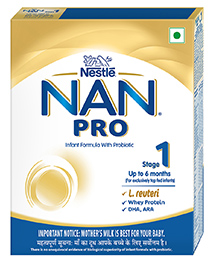
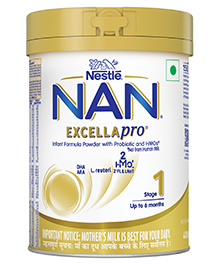
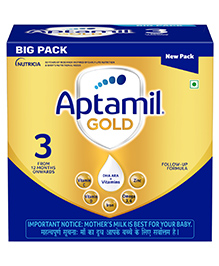
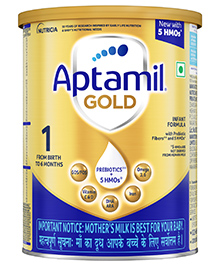
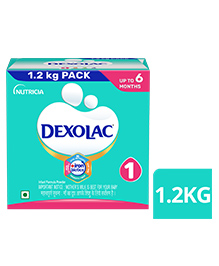
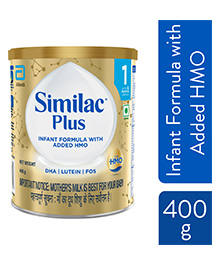
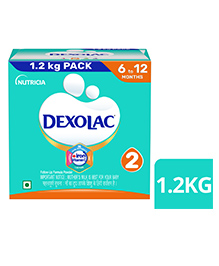
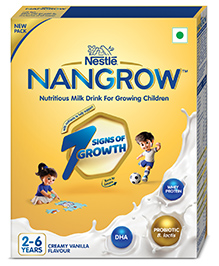
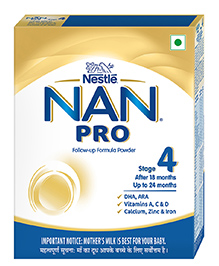

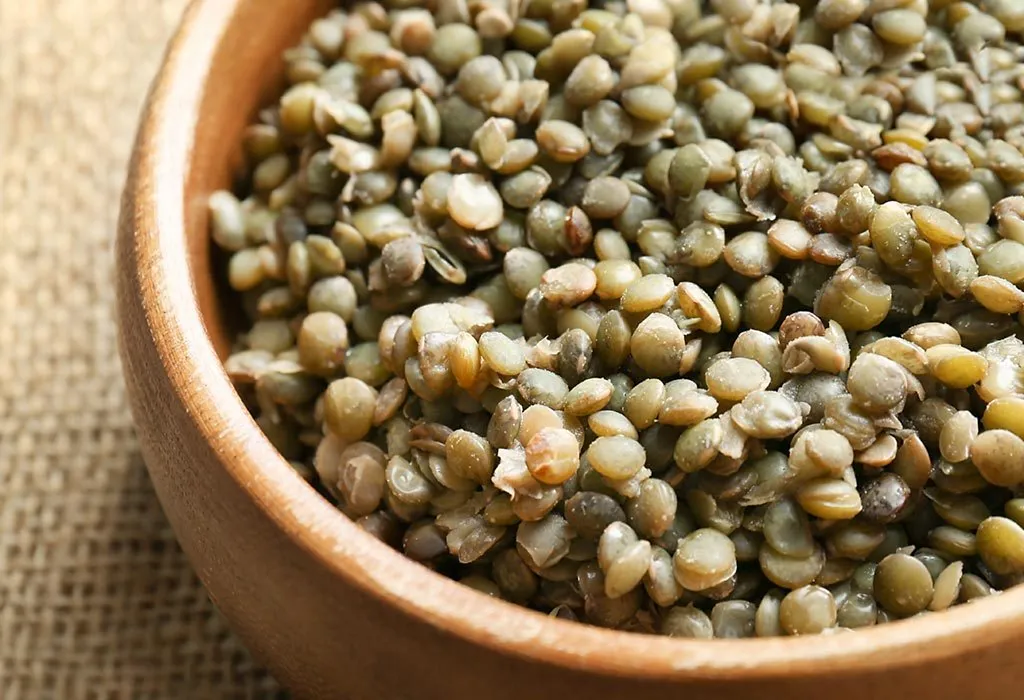
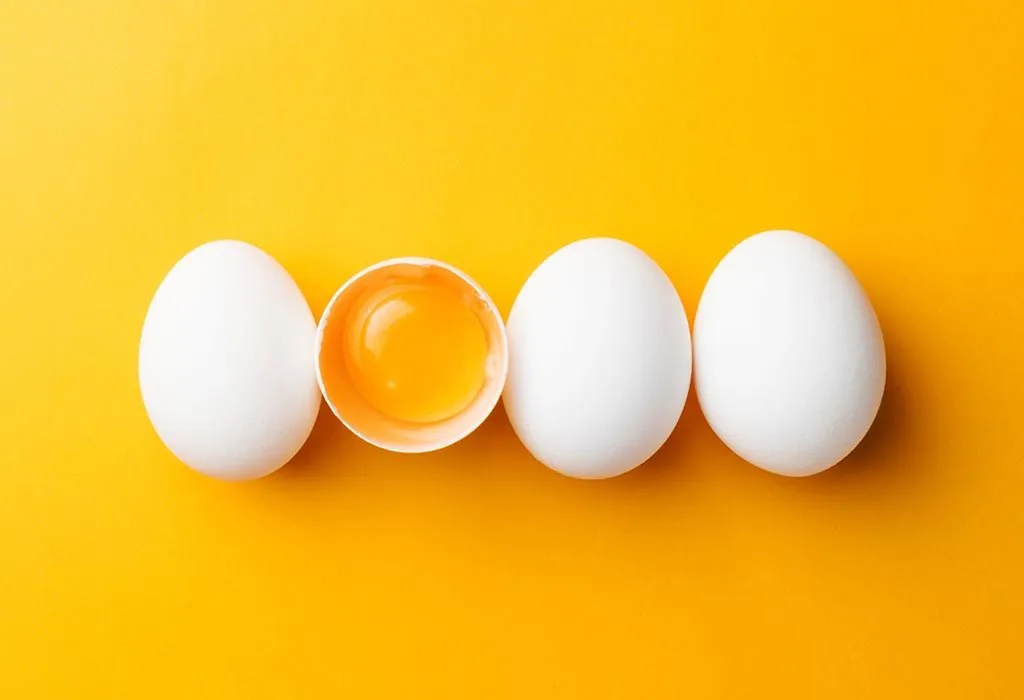
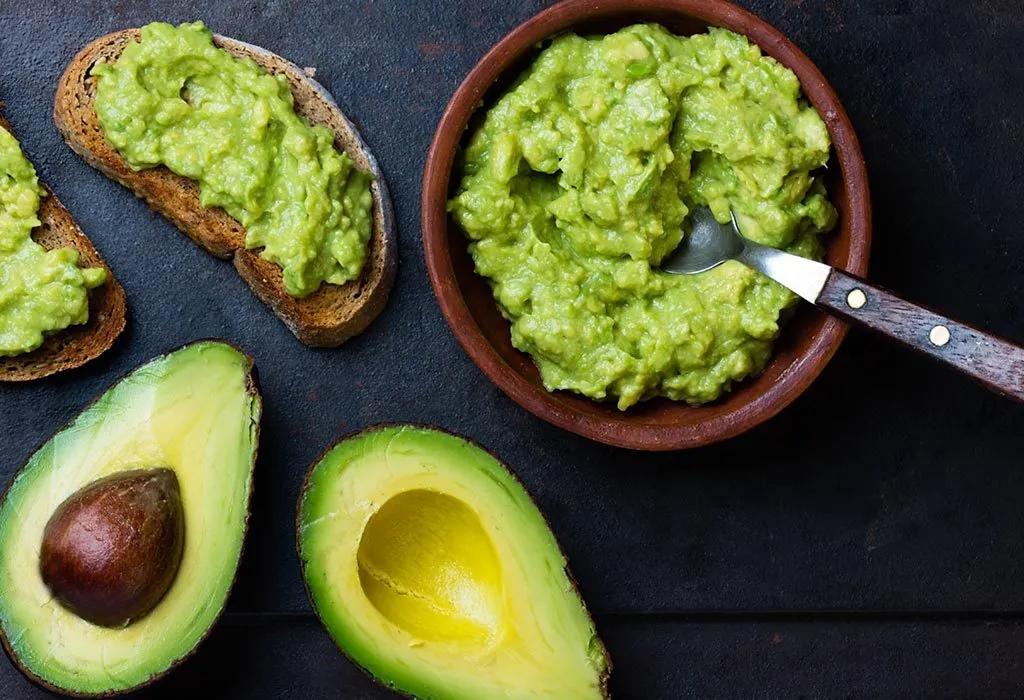
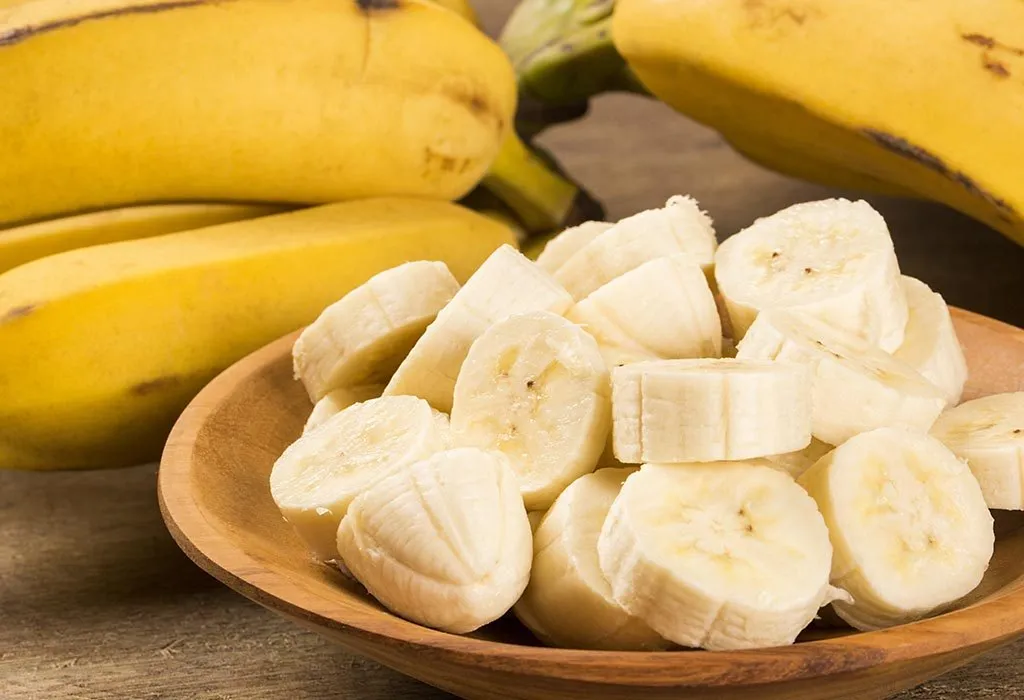
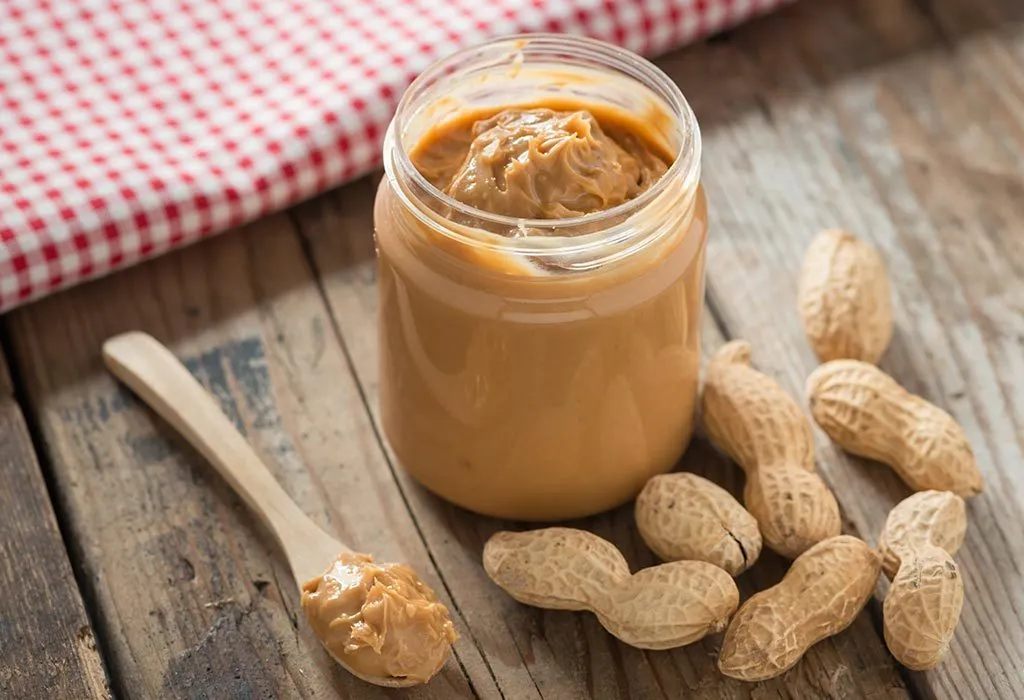
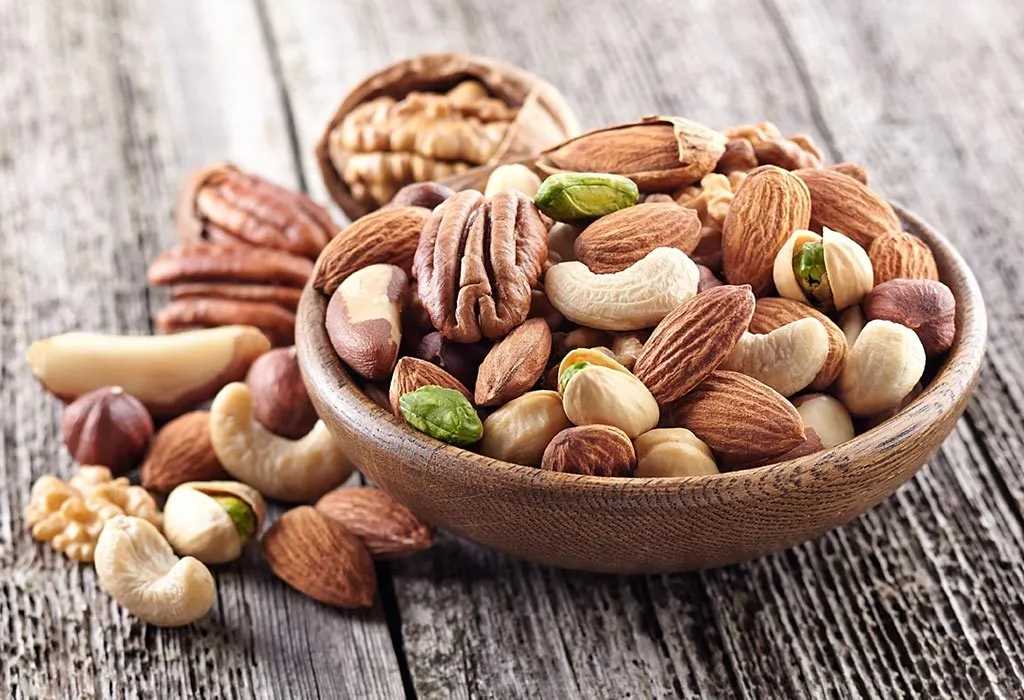
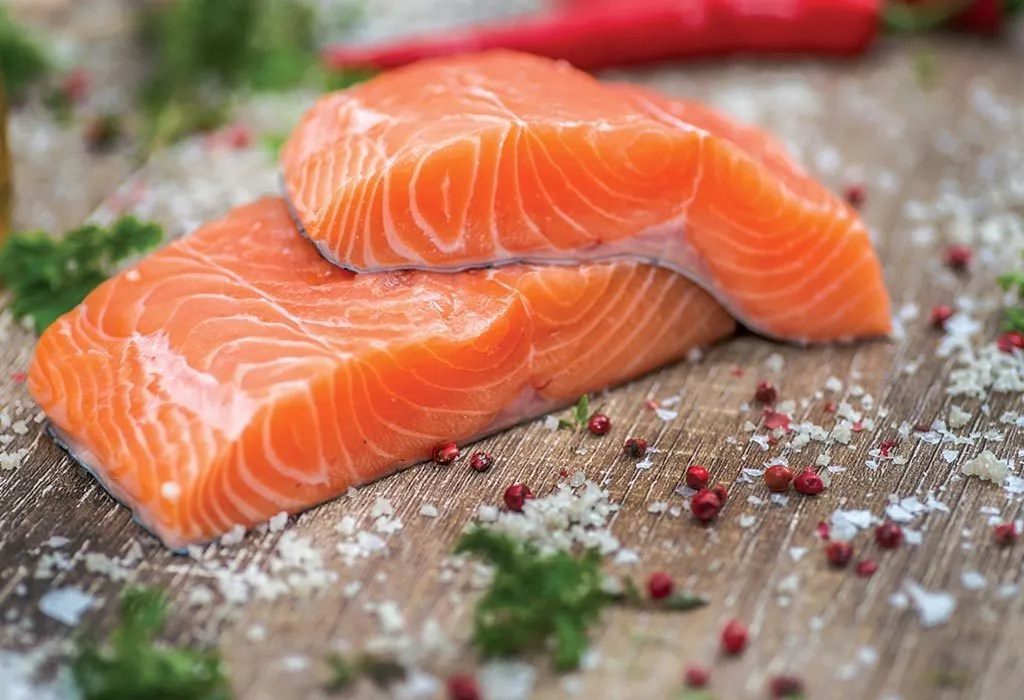
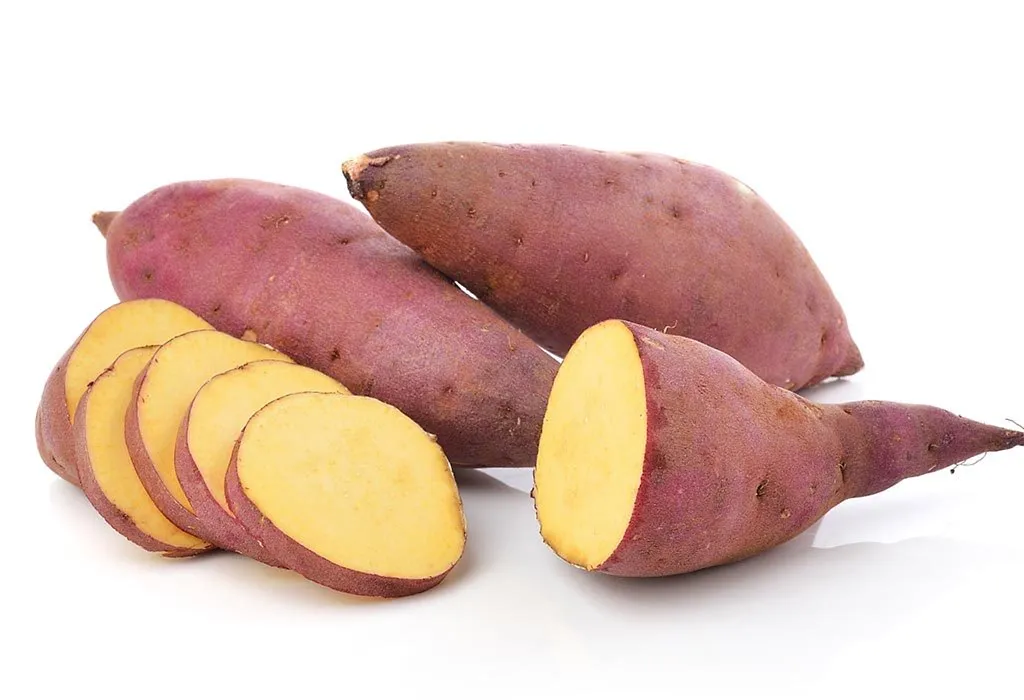
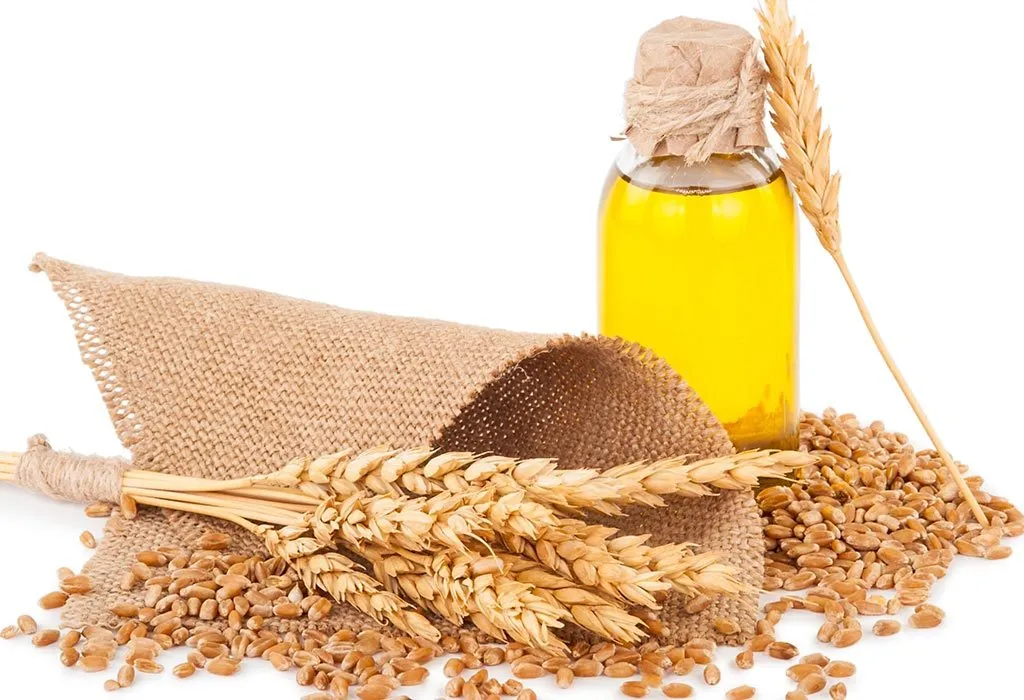
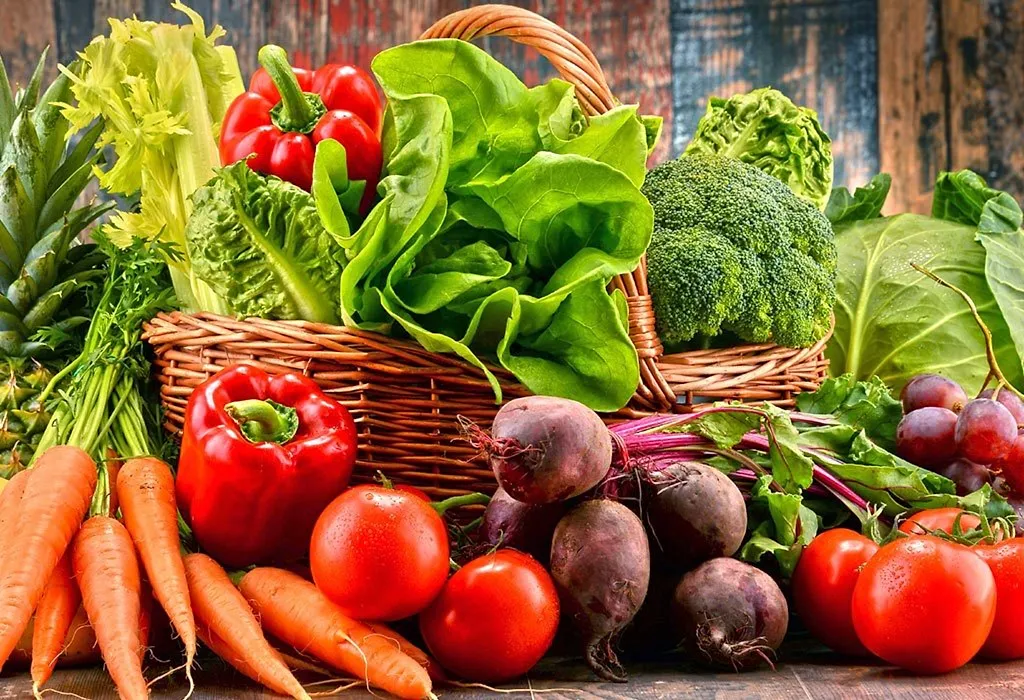

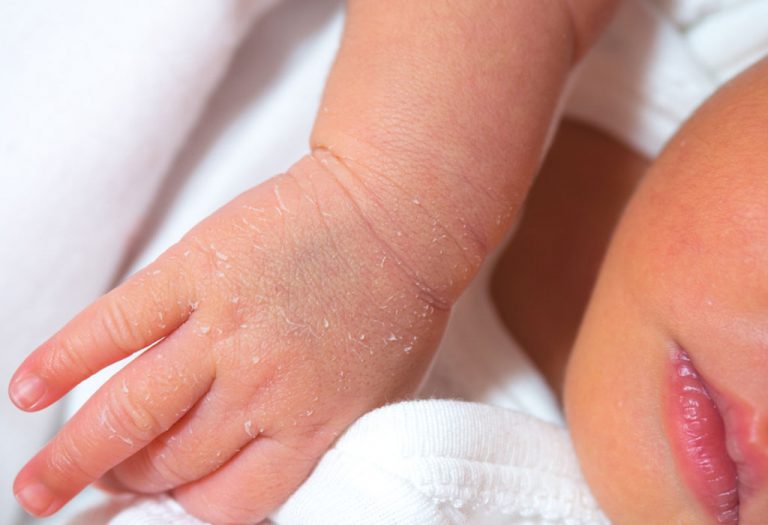


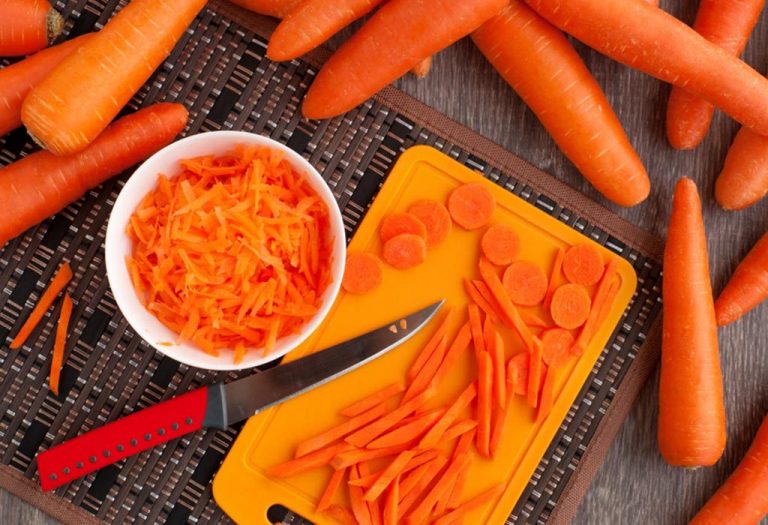


.svg)










